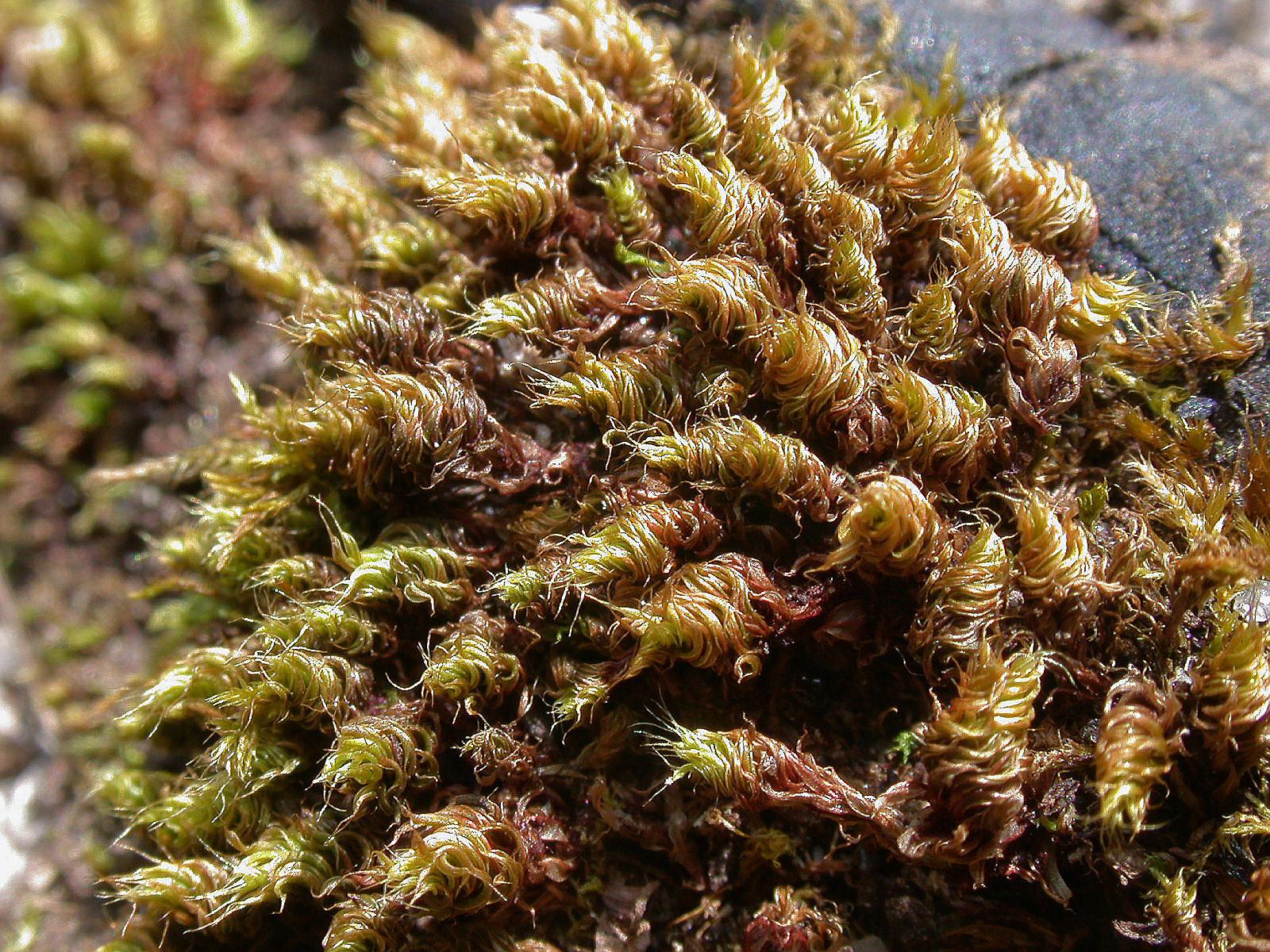
CAPILLARE-B.jpg from: https://www.britishbryologicalsociety.org.uk/learning/species-finder/bryum-capillare/
Introduction
In the vast and captivating world of bryophytes, one particular moss species stands out for its resilience and ubiquity – the Bryum capillare Hedw., commonly known as Bryum. This unassuming yet remarkable member of the Bryaceae family has captured the hearts of moss enthusiasts worldwide, offering a fascinating glimpse into the intricate tapestry of nature’s smallest wonders.
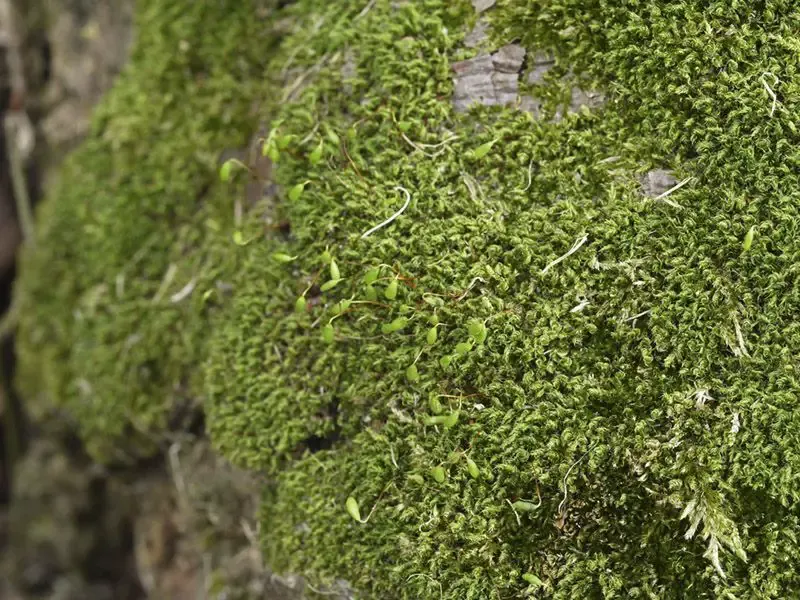
770349887043f47f9bf2550fa188415d.jpg from: https://www.asturnatura.com/especie/bryum-capillare.html
Background
Before delving into the intricacies of Bryum capillare Hedw., it’s essential to understand the broader context of bryophytes. These non-vascular plants, which include mosses, liverworts, and hornworts, are among the oldest and most primitive land plants on Earth. They played a crucial role in the colonization of terrestrial environments, paving the way for the evolution of more complex plant life.
Main Content
Morphology and Identification
Bryum capillare Hedw. is a acrocarpous moss, meaning its spore capsules are borne at the tips of upright stems. Its slender, thread-like stems can reach heights of up to 5 centimeters, forming dense tufts or cushions. The leaves are small, ovate to lanceolate in shape, and often twisted when dry, revealing a characteristic spiral arrangement. When moist, the leaves become erect and reveal their vibrant green hue.
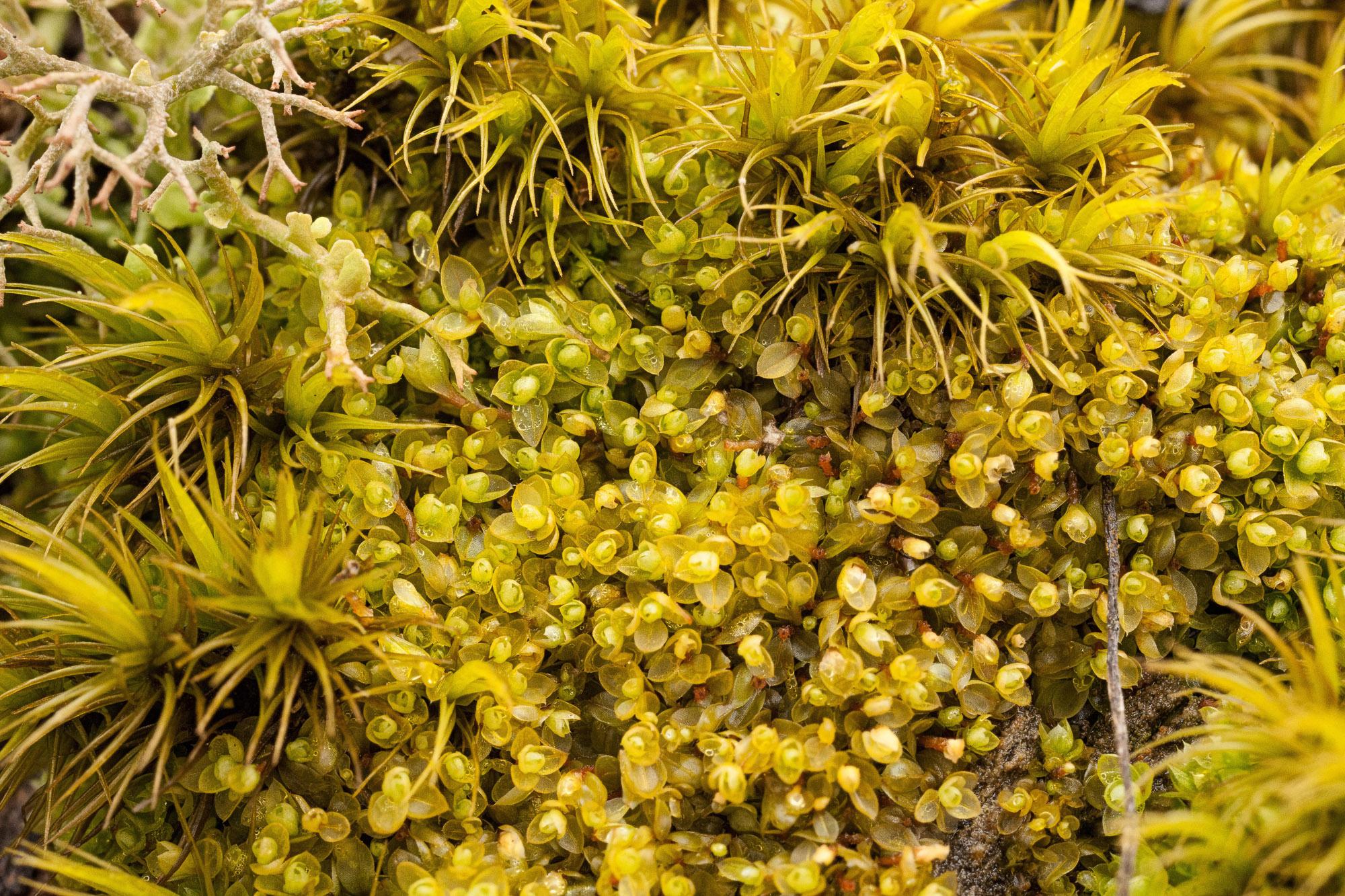
Bryum-capillare-31.jpg from: https://ohiomosslichen.org/moss-bryum-capillare/
One of the most distinctive features of Bryum capillare Hedw. is its capillary (hair-like) seta, or stalk, supporting the spore capsule. This delicate structure can reach impressive lengths, sometimes exceeding the height of the plant itself. The spore capsule is pendulous, or nodding, and often takes on a reddish-brown color as it matures.
Global Distribution and Habitat
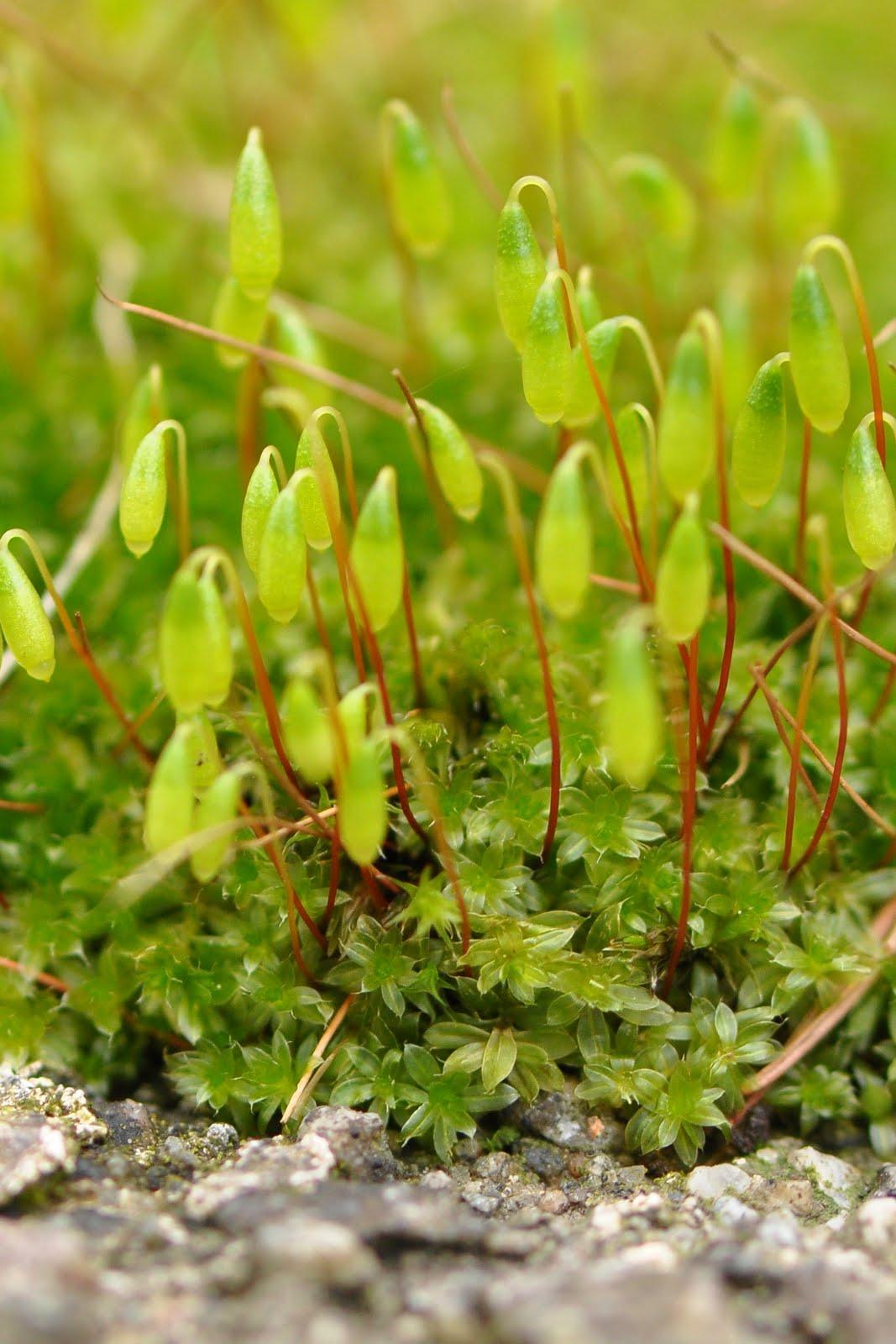
DSC_0007.jpg from: https://ju-bryophytes.blogspot.com/2009/09/bryum-capillare.html
Bryum capillare Hedw. is a cosmopolitan species, meaning it can be found on nearly every continent, thriving in a wide range of habitats. From urban areas to remote wilderness, this resilient moss can colonize various substrates, including soil, rocks, tree bark, and even concrete surfaces. Its ability to withstand desiccation and rapidly rehydrate makes it a true survivor in diverse environments.
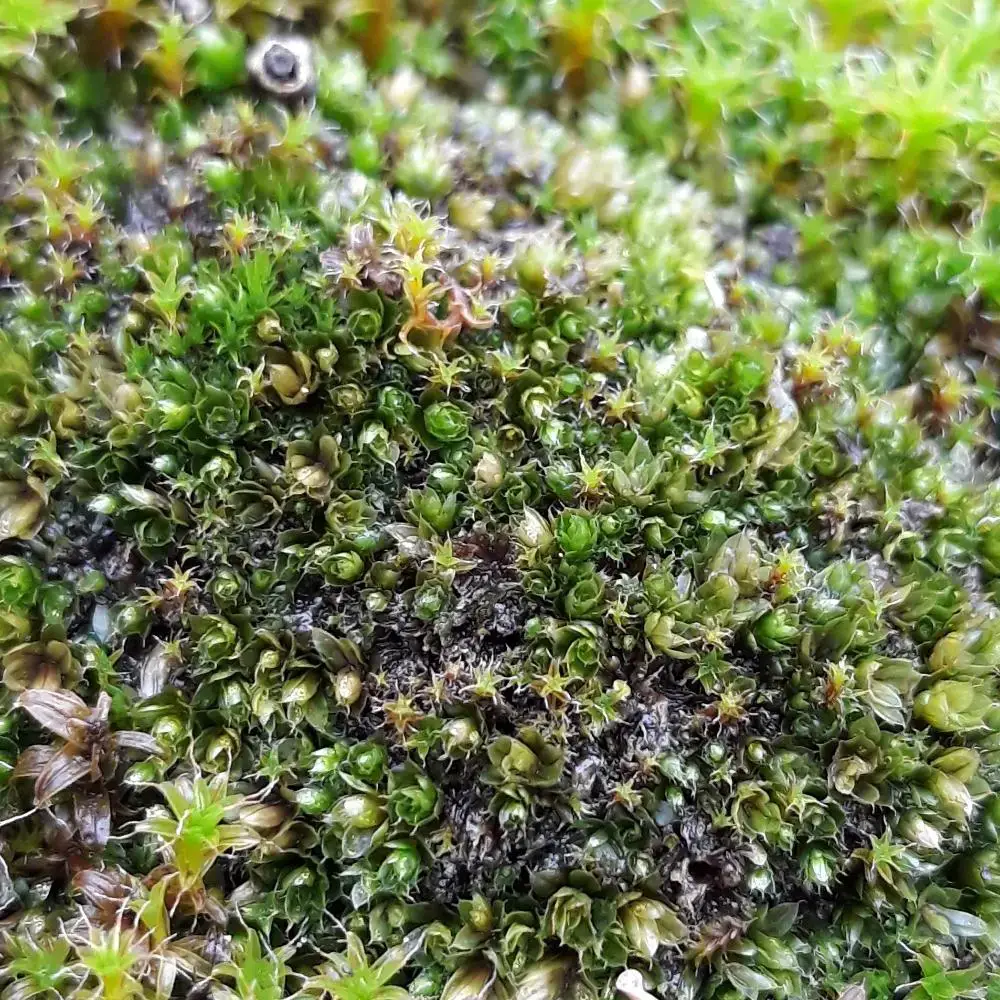
61799661.jpg from: https://observation.org/photos/61799661/
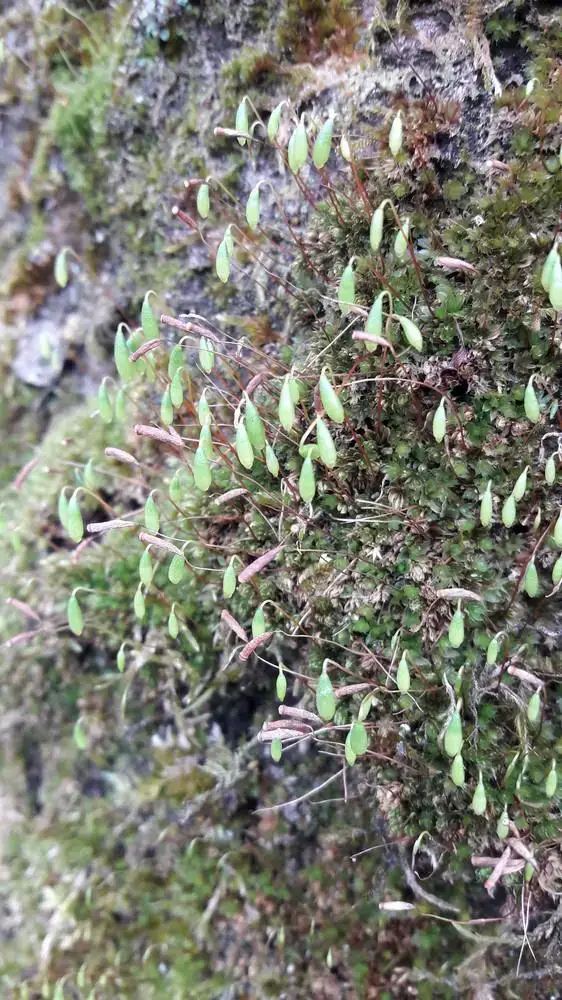
63593077.jpg from: https://observation.org/photos/63593077/
Ecological Roles and Adaptations
Despite their diminutive size, mosses like Bryum capillare Hedw. play vital roles in their ecosystems. They act as pioneers, colonizing bare or disturbed areas and facilitating the establishment of other plant species. Additionally, they contribute to soil formation, water retention, and nutrient cycling, creating microhabitats for countless other organisms.
One of the remarkable adaptations of Bryum capillare Hedw. is its ability to undergo desiccation and revive upon rehydration, a process known as poikilohydry. This trait allows the moss to survive prolonged periods of drought, making it a resilient pioneer in harsh environments.
Case Studies/Examples
Bryum capillare Hedw. has been the subject of numerous scientific studies, shedding light on its unique characteristics and ecological significance. For instance, researchers have investigated its role in urban environments, where it can colonize concrete surfaces and contribute to the biodiversity of cities. Additionally, studies have explored its potential as a bioindicator, reflecting environmental conditions through its presence or absence.
Technical Table
| Characteristic | Description |
|---|---|
| Phylum | Bryophyta |
| Class | Bryopsida |
| Order | Bryales |
| Family | Bryaceae |
| Genus | Bryum |
| Species | capillare Hedw. |
| Common Name | Bryum |
| Growth Form | Acrocarpous moss |
| Leaf Shape | Ovate to lanceolate |
| Seta | Capillary (hair-like) |
| Spore Capsule | Pendulous, reddish-brown |
Conclusion
Bryum capillare Hedw., the unassuming yet remarkable Bryum moss, serves as a testament to the resilience and adaptability of nature’s smallest wonders. Its ability to thrive in diverse environments, withstand desiccation, and contribute to ecosystem processes makes it a fascinating subject of study for bryologists and nature enthusiasts alike. As we continue to explore the intricate world of bryophytes, perhaps we can find inspiration in the tenacity of this humble moss, reminding us of the incredible diversity and complexity that exists even in the most unassuming corners of our planet.
Ponder this: In a world where change is constant, what lessons can we learn from the resilience and adaptability of Bryum capillare Hedw.?